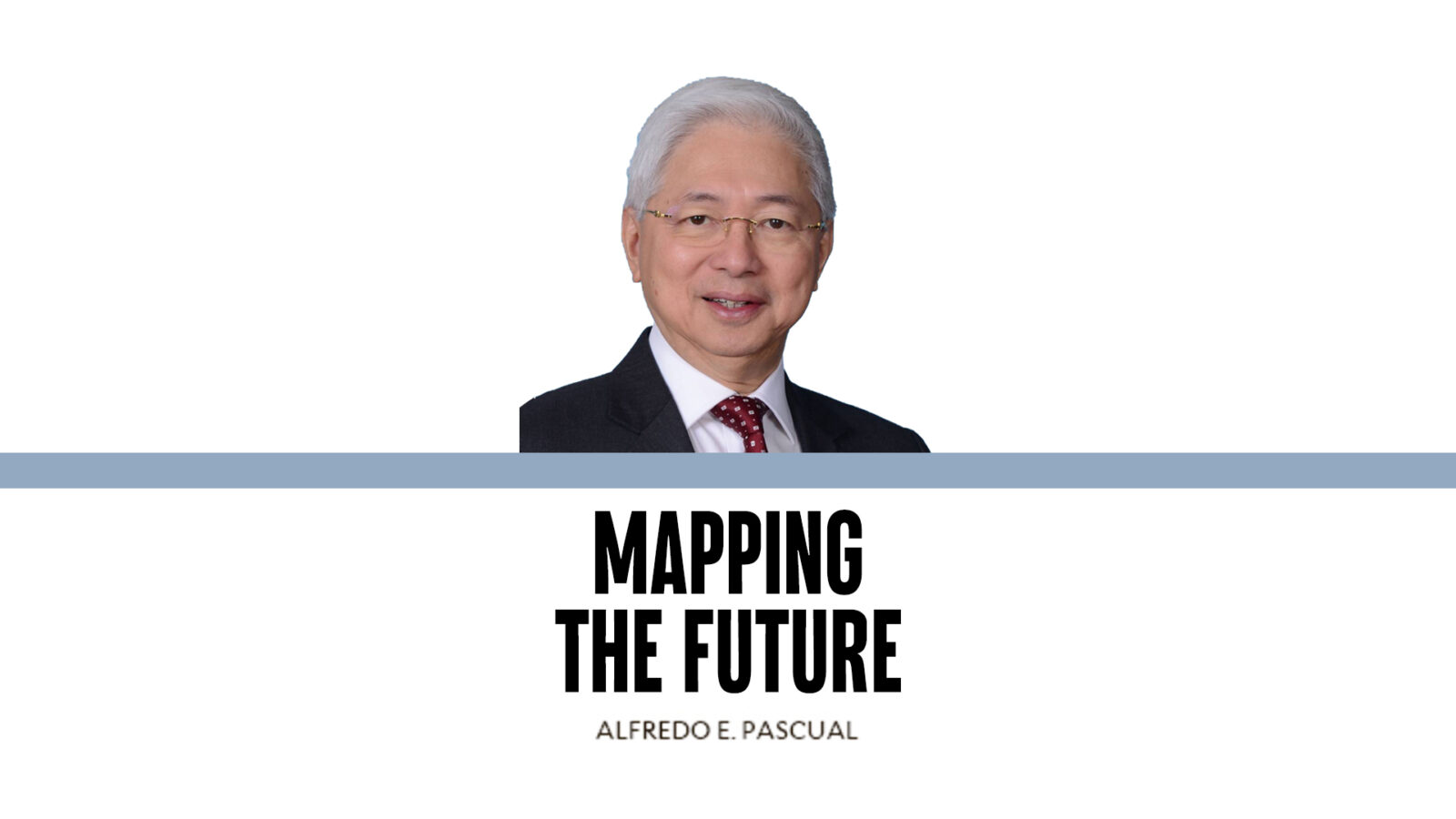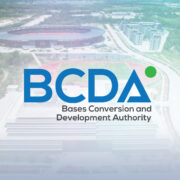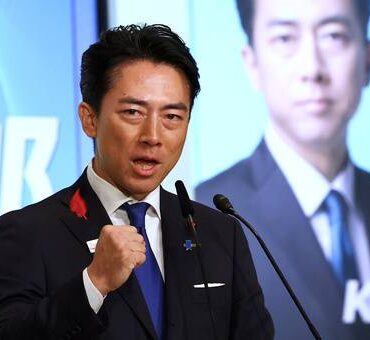Forging unity in foreign affairs: Diplomacy, security and national development

Tonight marks a milestone—40 years of the Philippine Council for Foreign Relations (PCFR). But this is more than a celebration of longevity. It is a reaffirmation of a shared commitment to the future of our nation in an ever-changing world.
The PCFR was born in 1985, in a time of national transition. Fifteen visionaries—among them statesmen, diplomats, jurists, economists and public servants—believed the Philippines needed an independent, nonpartisan and mature voice in foreign affairs.
That belief endures.
We gather tonight as inheritors of that vision. And we do so strengthened by your presence—from foreign embassies, government institutions, military commands, universities and business associations. Your attendance reminds us that foreign policy is not a siloed domain. It is a shared national endeavor.
Our legacy
For four decades, PCFR has remained independent and principled. We have engaged in strategic dialogue, convened forums on the South China Sea, US-China relations, regional security, Association of Southeast Asian Nations integration and more. We have worked closely with foreign policy thinkers in China, the United States and other regional powers.
Our members bring decades of experience—from diplomacy, the military, the civil service, the academia and the private sector. We do not speak for the government. But we speak with understanding, credibility and commitment to the national interest.
Foreign policy must never be improvised. It must be informed, intentional and inseparable from national identity.
The challenge of the present
We are in a time of global flux—marked by strategic rivalries, economic uncertainty, disinformation and rapid technological disruption.
The Philippines sits at a geopolitical crossroads—between oceans, between powers and between opportunity and vulnerability. In this space, we must assert not just our rights, but our relevance.
To our military officers with us tonight: you remind us that sovereignty is not only a legal principle—it is a commitment that must be protected, projected and respected.
The PCFR deeply values the Armed Forces of the Philippines not only as defenders of territory, but as steady stewards of national dignity.
To our colleagues in the business sector: the strategic environment you operate in—trade policy, investment rules, supply chains and regional economic integration—is inseparable from diplomacy. Your insights sharpen our advocacy.
To our academic partners: your research deepens the national conversation. You help us see the long view, and you equip the next generation to carry forward our strategic imperatives.
A nation’s foreign policy is only as strong as its sense of self. Without clarity at home, there can be no coherence abroad.
The Road Ahead: Strategy 2025–2029
The PCFR is not resting on legacy. We are building for impact.
Our newly adopted Strategic Plan for 2025–2029 reflects a more focused, more proactive and more inclusive council.
Our mission is clear: To convene, inform and influence foreign policy in defense of Philippine national interest and in pursuit of national purpose.
Our vision is bold yet grounded: To be the leading independent voice in Philippine foreign relations—trusted by government, respected by peers and supported by the public.
Our strategic direction rests on four pillars:
1. Thought leadership: We will produce timely, incisive research and convene high-level dialogues.
2. Policy advocacy: We will deliver nonpartisan, actionable recommendations.
3. Intergenerational continuity: We will mentor young leaders and broaden our ranks.
4. Internal capacity: We will invest in people, systems and sustainability.
We are expanding membership categories, pursuing institutional partnerships, digitizing our research and modernizing our operations.
Our vision is not just to be relevant—it is to be catalytic.
The power of partnership
We are proud that tonight’s celebration includes not only diplomats and policymakers, but business executives, scholars, military officers and civil society leaders.
This is the coalition that PCFR must help build—a strategic community, not bound by titles but united by purpose.
To our partners in the AFP: we hope to work with you on briefings, scenario analyses and strategic dialogues. Your perspective on national defense is vital to national strategy.
To our partners in business: we welcome your engagement on trade diplomacy, digital transformation and sustainable development—issues where economic policy and foreign relations converge.
To our academic institutions: we look forward to deeper collaboration through internships, research partnerships and public education.
Foreign relations cannot be built by institutions alone. They require coalitions of purpose—public and private, civil and military, senior and next-generation.
Final reflections
Let me offer three thoughts that capture where we stand and where we must go:
1. We must be the calm voice in the storm, the principled voice in the noise and the national voice at the global table.
2. Diplomacy is not just about protecting borders—it is about defining who we are as a people.
3. What the Philippines lacks in size, it must make up for in clarity, conviction and courage.
Let me close with the words of Dag Hammarskjöld, former secretary general of the United Nations, “The pursuit of peace and progress, with its trials and errors, its successes and setbacks, can never be relaxed and never abandoned.”
The PCFR takes this to heart. Forty years on, our work continues—with sharper focus, stronger partnerships and deeper resolve.
Mabuhay ang PCFR. Mabuhay ang Pilipinas.
The author is chair of the PCFR, former president of the Management Association of the Philippines, former Secretary of the Department of Trade and Industry and former President of the University of the Philippines. Feedback at map@map.org.ph and aepascual@gmail.com.



















